Response to immunosuppressive therapy in dogs with suspected non-regenerative immune-mediated anemia
This study aimed to determine the response time to immunosuppressive therapy and time required to achieve a 5% increase in hematocrit among dogs with non-regenerative immune-mediated anemia.
Researchers enrolled client-owned dogs diagnosed with non-regenerative immune-mediated anemia between December 2012 and May 2018 in the study. The first treatment regimen included prednisolone (2 mg/kg/day) and ciclosporin (up to 10 mg/kg/day) for eight weeks.
Dogs that did not respond to the first regimen proceeded to the second regimen comprising prednisolone and mycophenolate mofetil (15 mg/kg, twice a day). Clinicians monitored reticulocyte count and hematocrit every one to two weeks. Treatment response was defined as an absolute reticulocyte count more than 60×103 /μL or increasing hematocrit.
During the study period, 23 dogs fulfilled the inclusion criteria for non-regenerative immune-mediated anemia. Twelve dogs were excluded from this study for assorted reasons and response to therapy was evaluated in the remaining 11 dogs.
Treatment responses were observed in eight of 11 dogs, and the median time to response was 39.5 days (range 8 to 92 days).
Two responders were unable to continue the first treatment regimen and were switched to the second regimen owing to anorexia and nausea, possibly induced by ciclosporin; withdrawal of ciclosporin improved their symptoms. The time required to achieve a 5% increase in hematocrit was assessed in the other six dogs, with a median of 55.5 days (range 8 to 135 days).
In conclusion, this study reports the response to a standardized treatment protocol in dogs with non-regenerative immune-mediated anemia. Knowledge of potential side effects and expected therapeutic outcomes may be of use for veterinary practitioners treating this condition.
K Morishita et al. “Evaluation of responses to immunosuppressive therapy in dogs with suspected non-regenerative immune-mediated anaemia: 11 cases (2012-2018).” J Small Anim Pract. 2023 Apr 7. doi: 10.1111/jsap.13614.



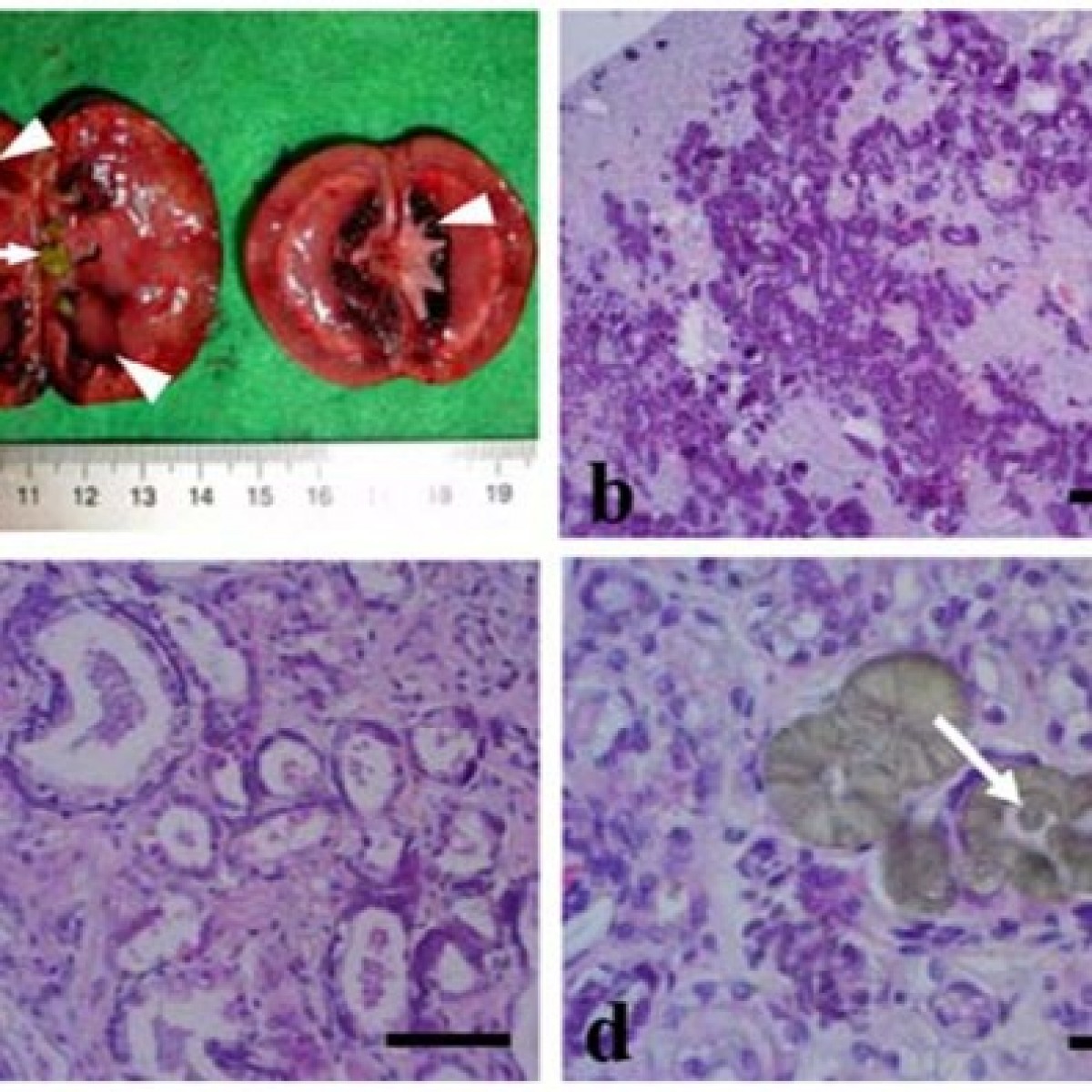
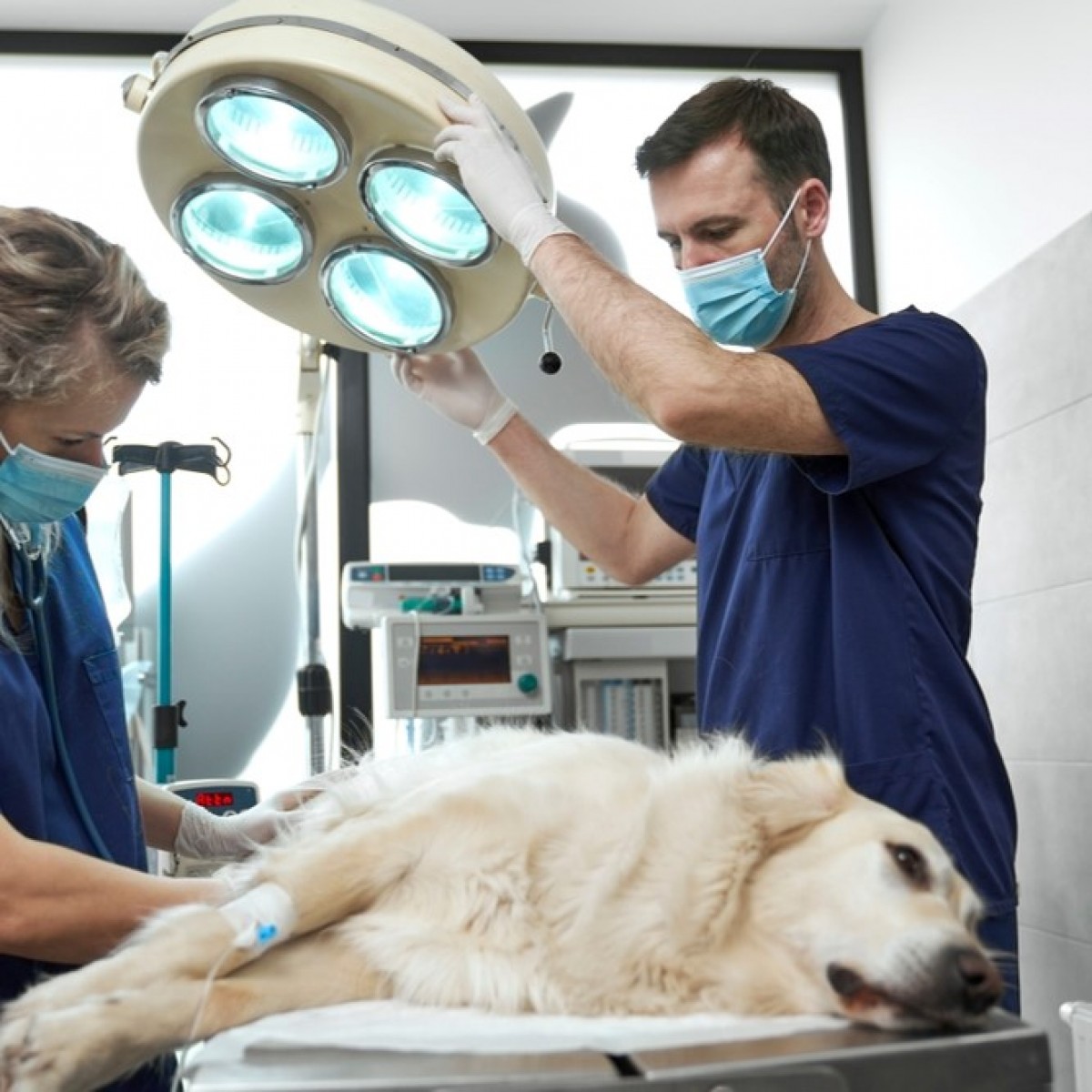
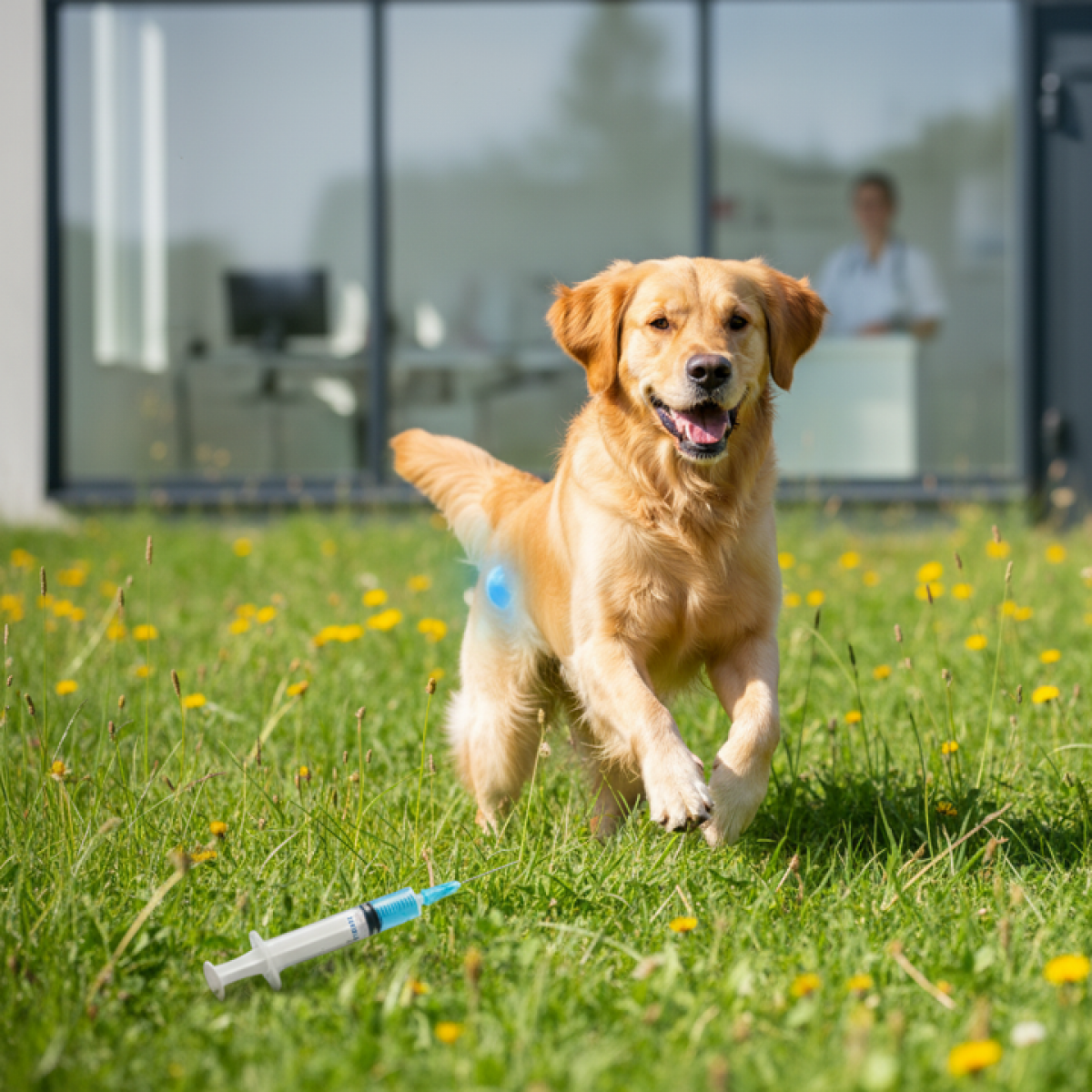


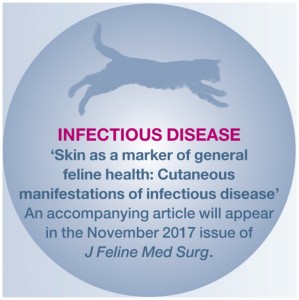

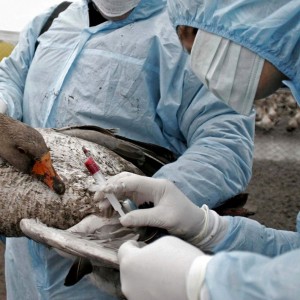

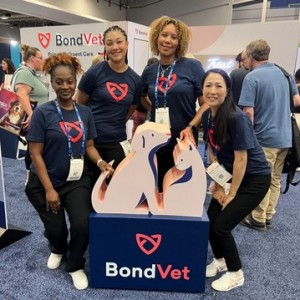

List
Add
Please enter a comment